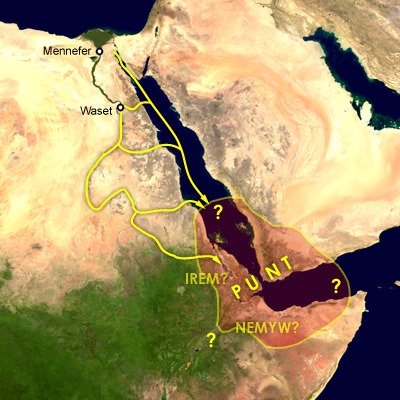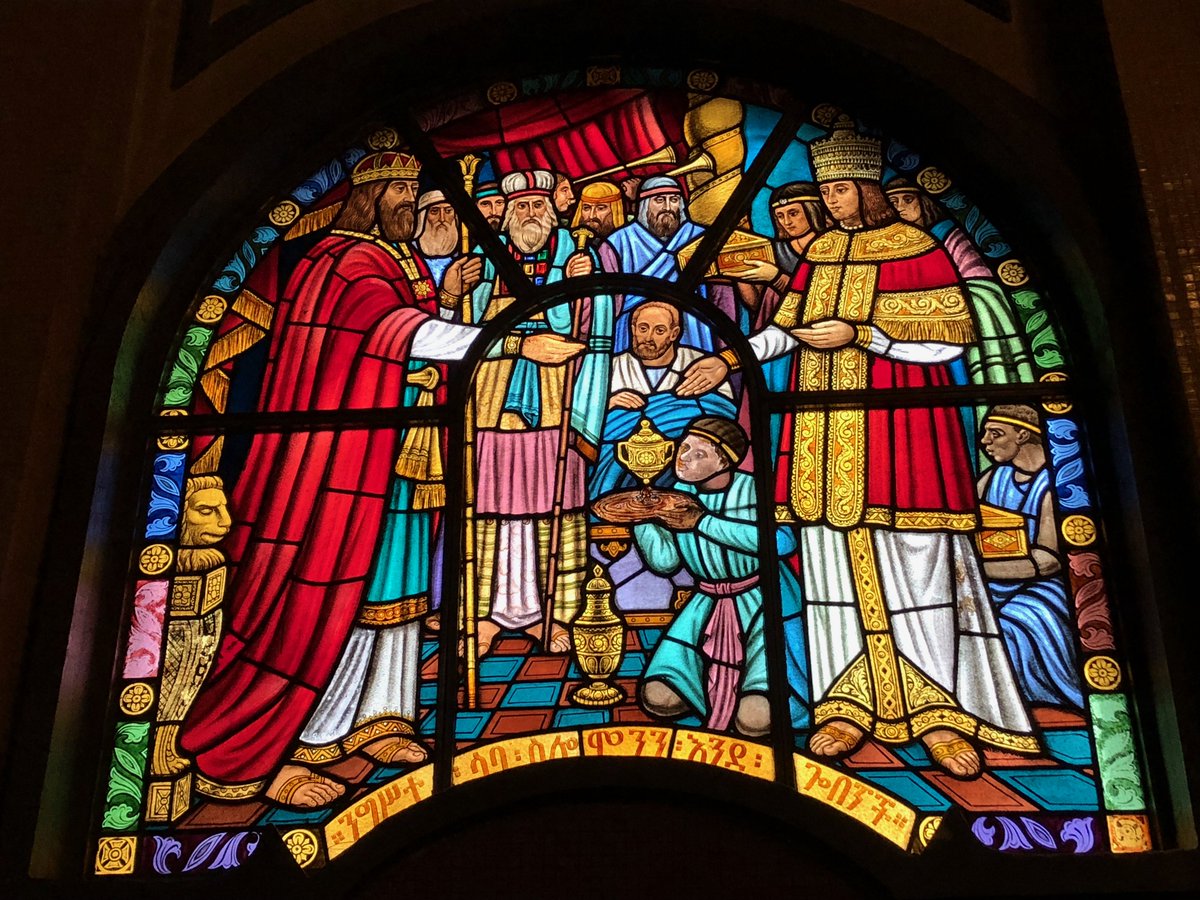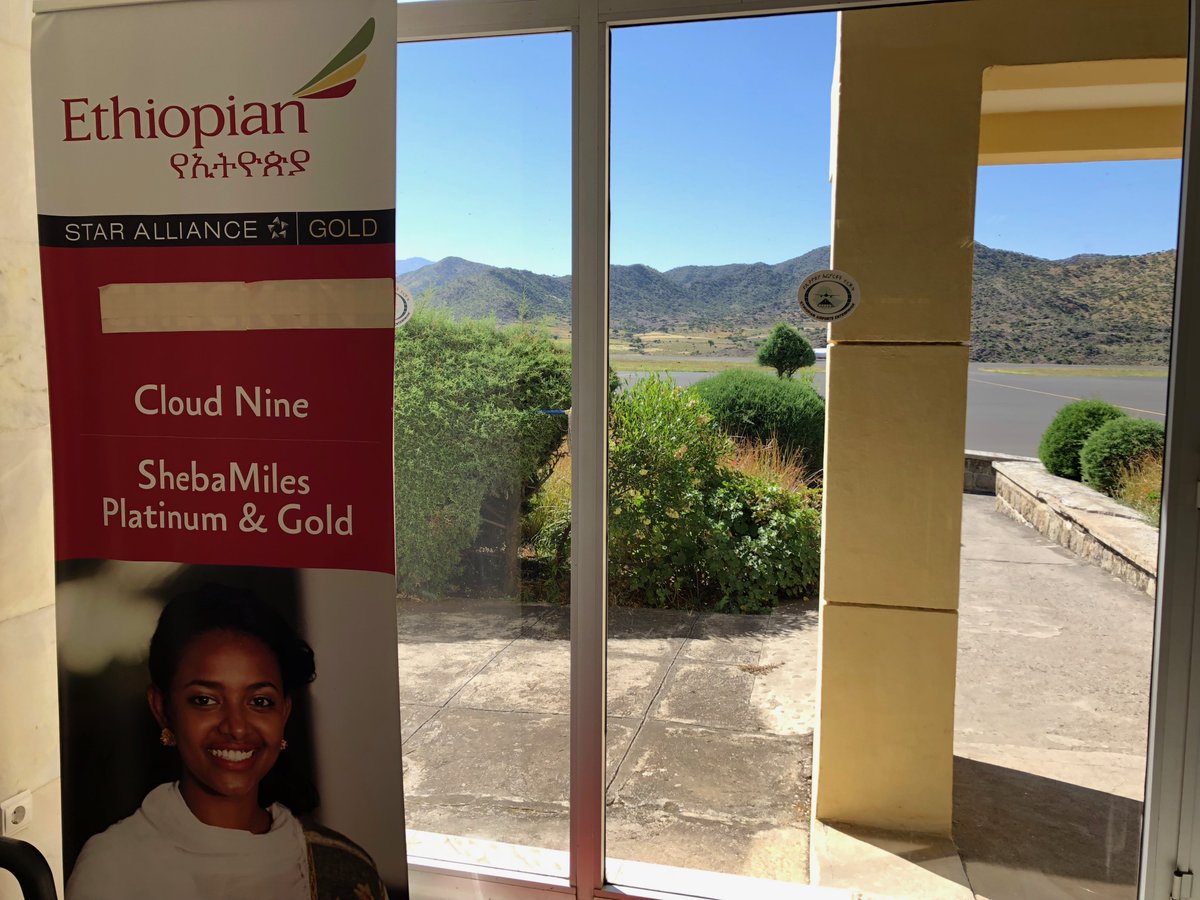1/ Back in the early 1900s, people were buying shares in foreign countries in the respective country's exchanges (many still do).
There are few issues with that:
- Complexity of the purchase
- Currency conversion issues
- Difficulty in transactions
and so on.
2/ JP Morgan saw this, and thought
"what if people could trade foreign companies
- in our country
- in our currency
- but without the companies having to list themselves here?"
ADR was born.
3/ ADR stands for American Depository Receipts.
It's like a share certificate, issued by a U.S depository bank (like CDSL here), but on a foreign company.
Usually one ADR unit represents one share of the foreign company.
4/ Here's how it works.
The depository bank buys the foreign company shares in the foreign exchange.
This depository bank holds the purchased shares as inventory.
It issues respective ADR for domestic trading.
The ADR is issued & traded in US Dollars.
5/ For ex: a depository bank would buy 500,000 shares of Infosys at about 1300 rupees per share.
It will then list those shares as ADR Units costing ~$18 per ADR unit in the US exchanges.
It's usually listed in NYSE or NASDAQ, sometimes Over-The-Counter too.
6/ Not all ADRs are the same. There are two broad types of ADRs.
i) Sponsored ADR:
- Company enters into a legal agreement with a specific depository bank
- Lists the ADR through the depository
- Company retains control over the ADRs
ii) Unsponsored ADR:
- A depository bank in the US issues ADR by itself
- without any permission or involvement from the actual company whose shares it is listing as ADR.
There may be many unsponsored ADRs, but there could be only one sponsored ADR.
7/ For ex: A depository bank may find ITC as an attractive stock and buy in bulk through NSE.
If ITC doesn't show an interest in doing ADR the sponsored way, the depository can list it as an unsponsored ADR, and name it ITCU, pricing it at $3 per ADR.
8/ There are 3 levels in a Sponsored ADR.
i) Level 1:
- ADRs won't be listed on an exchange.
- Company can't raise capital
- Very loose regulatory requirements from SEC
- Highly speculative
- Only trades OTC
- Inexpensive way for a company to gauge US investor interest.
ii) Level 2:
- Can't be used to raise capital
- Trades on an exchange
- Slightly more regulatory requirements from SEC compared to level 1
- Higher visibility + trading volume since listed in an exchange
In level 2, a company must register with the SEC.
It should also file Form 20-F (equivalent of Form 10-K annual report) annually.
In the filings, it has to follow the U.S GAAP financial reporting standards.
iii) Level 3:
- Most prestigious type of sponsored ADR, highest level a company can get.
- Very strict rules imposed by SEC on the company.
- Foreign company can raise capital also.
- Issuing companies are subject to full reporting requirements.
Like an Indian IPO requires Red Herring Prospectus to be filed by companies with SEBI,
listing to raise capital on NYSE/NASDAQ requires for the company to file Form F-1 with SEC.
Apart from this, the company must file Form 20-F annually, and updates on any news announcements.
9/ People who hold the ADRs will receive dividends and realize capital gains in US dollars only.
Dividends will be net of currency conversion expenses and foreign taxes.
Due to taxes being covered, U.S investors seek credit from the IRS to avoid double taxation on cap gains.
10/ In case of unsponsored ADRs, the depository bank can choose to terminate the issuance at its will.
In case of sponsored ADRs, either the foreign company or the depository bank can choose to cancel/terminate the issue.
11/ In both cases, before termination,
- the company/depository will inform the ADR holders,
- give them the option to swap the ADRs for the actual company shares (listed in the foreign exchange).
The holders can register with a broker (like Zerodha) to take possession.
12/ If the majority of the holders decide to hold the ADRs, the depository will stop issuing any additional ADR securities, but will continue to service the existing ones.
Holders will continue to collect dividends.
It will be the equivalent of an unlisted company shares.
13/ Purchasing shares in foreign exchanges is still a problem for US investors.
Currency conversion is one of the hurdles.
Regulatory differences pose another significant hurdle.
14/ For ex: If someone wants to buy INFY shares in NSE, they'd be reading financials in ICAI standards format.
But, since they are from U.S, they'd only be familiar with U.S GAAP.
So, this renders into a confusing situation where they may misunderstand some reporting elements.
15/ ADRs help solve this issue and have been very useful for many foreign companies to list in US exchanges and raise capital also.
A company can also list in any other country following this format.
Such securities are called Global Depository Receipts (GDRs).
16/
To avoid arbitrage opportunities, the price of ADRs (GDRs) closely tracks the price of the underlying company shares in the native country's exchanges.
For ex: INFY price is 1343 rupees in NSE, and 18.17 USD for the INFY ADR in NYSE.



